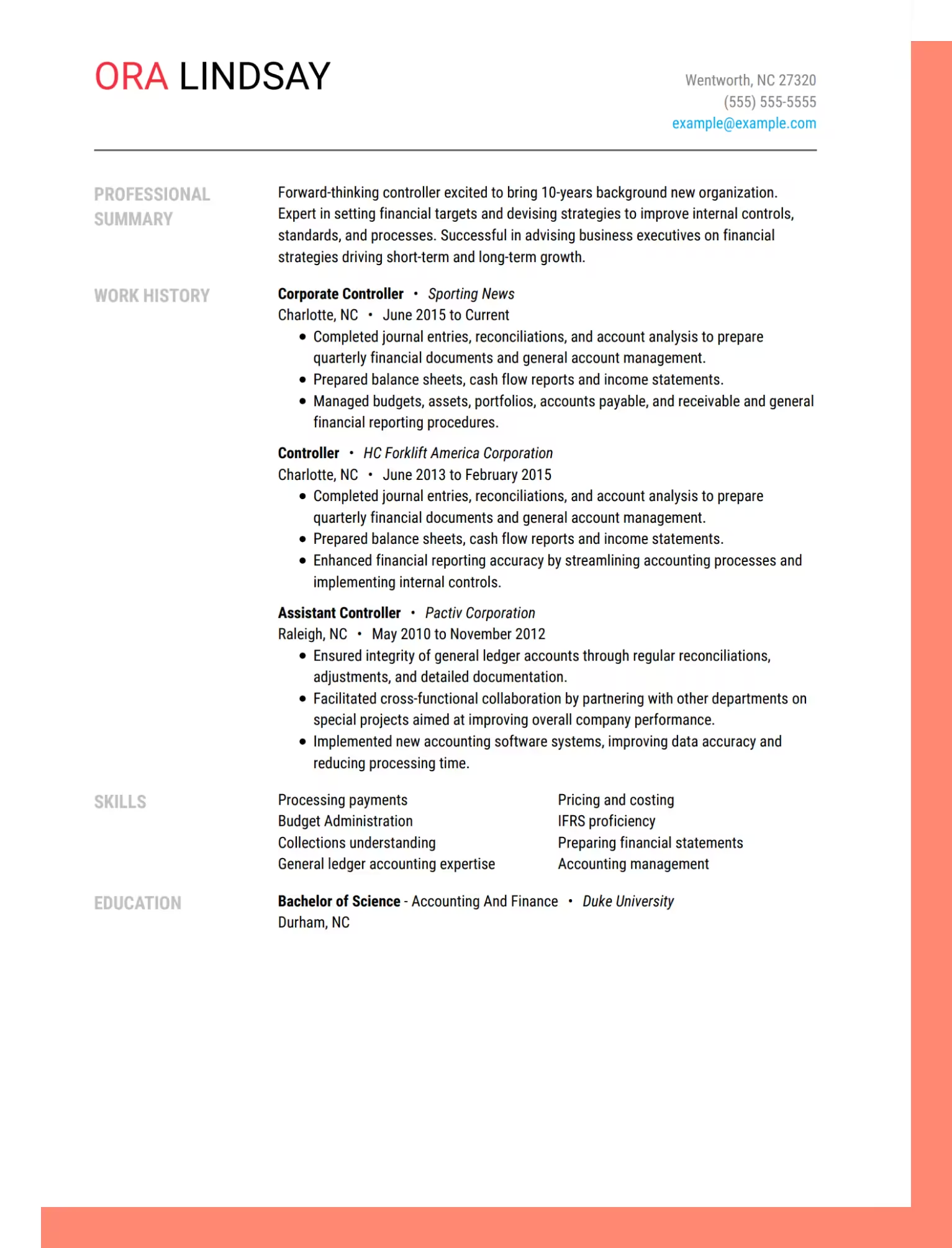Top Law CV Examples

- 30% higher chance of getting a job‡
- 42% higher response rate from recruiters‡
Our customers have been hired at:*Foot Note
The Bureau of Labor Statistics projects a 10% growth in legal occupations. This is your chance to jumpstart your career.Let’s make a CV to highlight your negotiating skills, family law expertise or court shorthand reporting, as well as interpersonal skills, like leadership, persuasion and conflict resolution.
We can help you make the perfect law CV or resume and create an effective cover letter to match it. Find inspiration in our CV examples, resume examples, and cover letter examples to get started.
CV examples for top law jobs
More law CVs by job title
Cover letter examples for top law jobs
- Legal Receptionist Resume
- Paralegal Resume
- Legal Secretary Resume
- Document Review Attorney Resume
- Banking Attorney Resume
- Legal Assistant
- Legal Intern Resume
- Chief Legal Officer Resume
- Lawyer Resume
- Attorney Cover Letter
- Legal Assistant Cover Letter
- Legal Receptionist Cover Letter
- Legal Secretary Cover Letter
- Paralegal Cover Letter
Our customer reviews say it best
Our resume builder makes it easy to craft an impressive, ATS-friendly resume in just minutes.
- Free professionally designed templates.
- Expert suggestions for every section of your resume.
- Start a resume from scratch or edit your existing resume.
Law CV FAQ
What are some common skills required for law jobs?
Law professionals need to possess a mix of soft and hard skills to perform their jobs and attract the hiring manager’s attention. For example:
- Criminal procedure
- Constitutional law
- Civil litigation
- Commercial litigation
- Documentation review
- Business enterprises
- Will and trusts
- Cultural competence
- Foreign languages and level of proficiency
- Legal research
- Corporate law
- Documentation
- Time management
- Attention to detail
- Active listening
- Organizational skills
- Collaboration
- Relationship building
What’s the ideal format for a law CV?
For the legal profession, use an open CV format. Choose the CV order according to your strongest qualifications, industry or job requirements. Find a polished, professional CV template, and pay close attention to your grammar, action verbs and keywords to create your perfect CV.
What qualifications and certifications do employers look for in this industry?
The legal field is vast. Minimum requirements vary greatly among roles and employers. Paralegal and legal assistants must complete an associate’s degree while court reporters need a postsecondary nondegree. Lawyers, judges and hearing officers must have doctoral or professional degrees in addition to passing the bar examination.
Another important requirement to work in the legal field is certifications. Depending on your role and the employer, a specialized certification could be required. Confirm directly with the employer.
These are only a few certifications in the legal field:
- Accredited Legal Professional (ALP)
- Certified Legal Professional (CLP)
- Professional Paralegal (PP)
- Certified International Trade Law Specialist (CITLS)
- Certified Legal Secretary Specialist: Intellectual Property (CL§)
- Certified Information Privacy Professional (CIPP)
Remember to include the issuing institution and, if applicable, the expiration date.
What is the salary potential for a law professional?
According to the Bureau of Labor Statistics, the median annual wage for legal occupations is $82,430.
These are salaries in related occupations:
- Arbitrators, mediators, and conciliators: $49,410 per year
- Court reporters: $60,380 per year
- Judges and hearing officers: $128,710 per year
- Paralegals and legal assistants: $56, 230 per year
What does the career progression for Law look like?
The Bureau of Labor Statistics projects a 10% growth for legal occupations in this decade. This translates to 110,000 annual job openings and 131,000 additional jobs over the decade. In comparison, BLS projects a 5% nationwide occupation growth.
How we reviewed this article
Since 2012, we have helped more than 11 million job seekers. We want to make your career journey accessible and manageable through our services and Career Center’s how-to guides and tips. In our commitment to bring you a transparent process, we present our Editorial Process.
Sources
- Bureau of Labor Statistics Lawyers
- Bureau of Labor Statistics Legal Occupations
- Bureau of Labor Statistics Paralegals and Legal Assistants
- National Association for Legal Support Professionals Accredited Legal Professional (ALP)
- National Association for Legal Support Professionals Certified Legal Professional (CLP)
- National Association for Legal Support Professionals Professional Paralegal (PP)
- California Desert Trial Academy College of Law Hard Skills & Soft Skills: Why Both Are So Important In Law School
- IAPP Certified Information Privacy Professional (CIPP)(CIPP)
- ACEDS Certified E-Discovery Specialist (CEDS)

